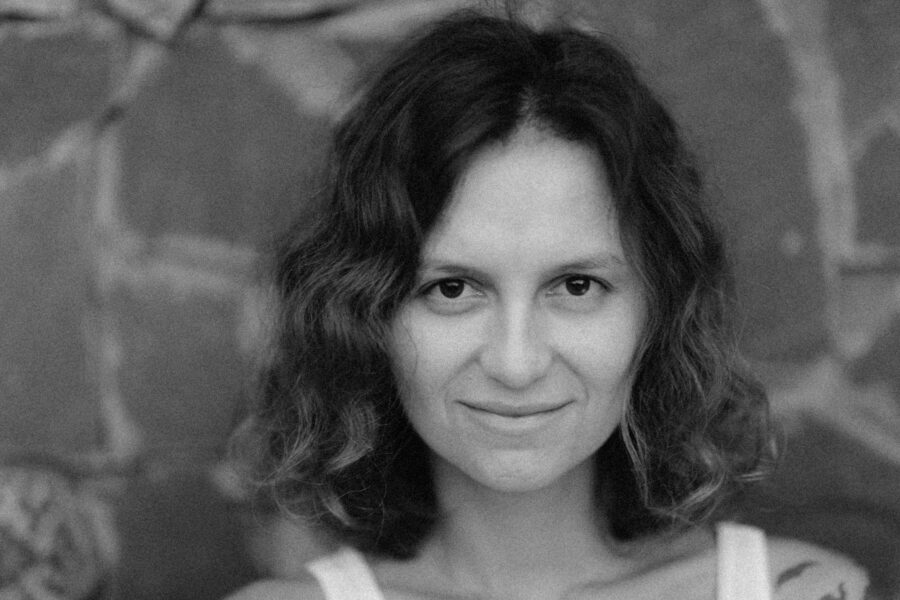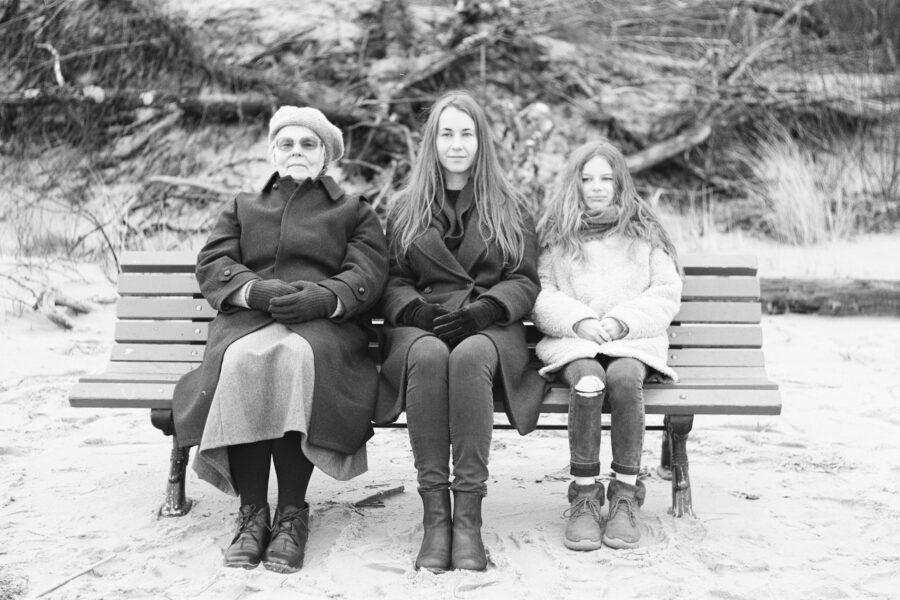The British “stiff upper lip” might have started as a badge of honour—grit, grace, quiet resilience.
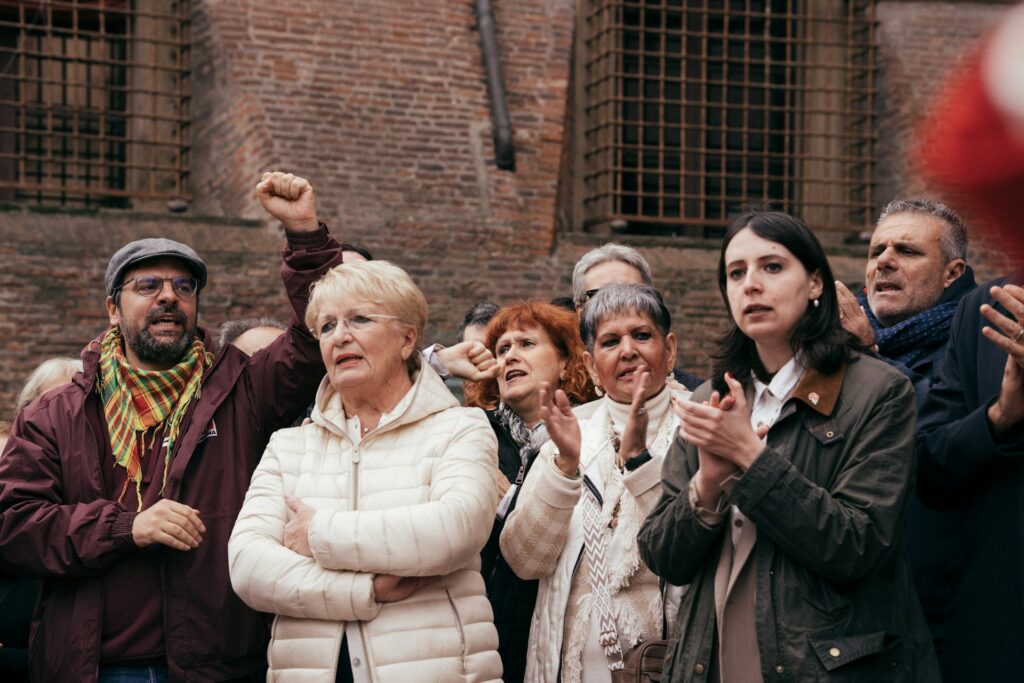
However, as time goes on, the cultural default of keeping calm and carrying on has created a complicated legacy, especially when it comes to mental health. While stoicism might look strong from the outside, inside it often leaves people struggling in silence. Suppressing pain doesn’t make it go away; it just buries it deeper. And when emotional honesty feels like a weakness, people stop asking for help even when they desperately need it. Here’s why the stiff upper lip isn’t serving us, and how it shapes the way we experience stress, shame, and emotional isolation in the UK.
1. It teaches people to see vulnerability as something to avoid, not embrace.

From a young age, many of us were taught to “keep it together,” to push emotions aside, and not to make a fuss. Vulnerability was something reserved for moments of extreme crisis, not part of everyday emotional life. After a while, this conditioning makes it incredibly difficult to open up, even in safe environments. We internalise the idea that showing struggle is embarrassing, or worse, a burden.
2. It encourages emotional suppression rather than emotional regulation.
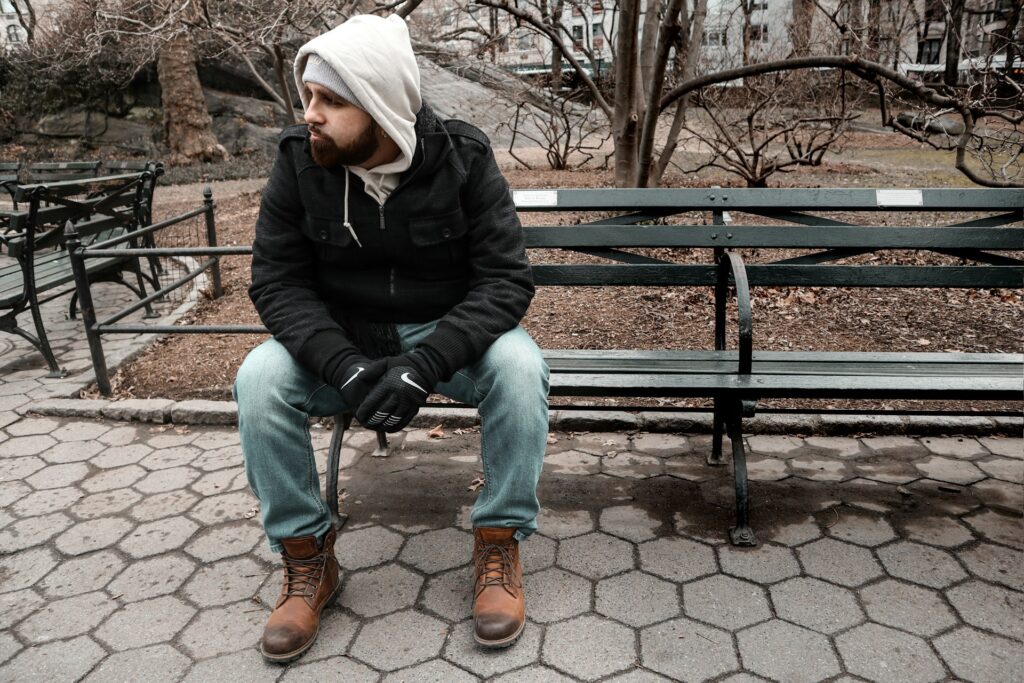
Instead of learning how to sit with feelings, process them, or express them healthily, many people raised in stiff-lip environments learn to simply stuff them down. But suppressed emotion doesn’t disappear. It leaks out in other ways—through physical health problems, irritability, addiction, or chronic anxiety. Emotional regulation requires openness. Suppression, on the other hand, only delays the fallout.
3. It makes asking for help feel like a personal failure.

When you grow up around people who pride themselves on “just getting on with it,” reaching out for support can feel like you’re admitting defeat. Even when you know, logically, that asking for help is healthy, it can still trigger deep shame. That belief, that struggling should be handled silently, keeps people stuck far longer than they need to be.
4. It reinforces the myth that everyone else is coping better than you are.

If no one’s visibly struggling, it’s easy to assume that you’re the only one falling apart. However, often, everyone’s only barely holding it together behind closed doors. The culture of silence means that suffering becomes invisible, and that invisibility creates loneliness. You end up feeling isolated in something that’s actually incredibly common.
5. It creates emotional distance in families and friendships.

When emotional expression is frowned upon, connection suffers. People grow up feeling emotionally unsupported—not necessarily because their loved ones don’t care, but because no one was ever taught how to show it. Conversations stay polite, light, avoidant. Of course, under the surface, so much goes unsaid, and that silence breeds disconnection in the long run.
6. It equates emotional expression with weakness, especially in men.
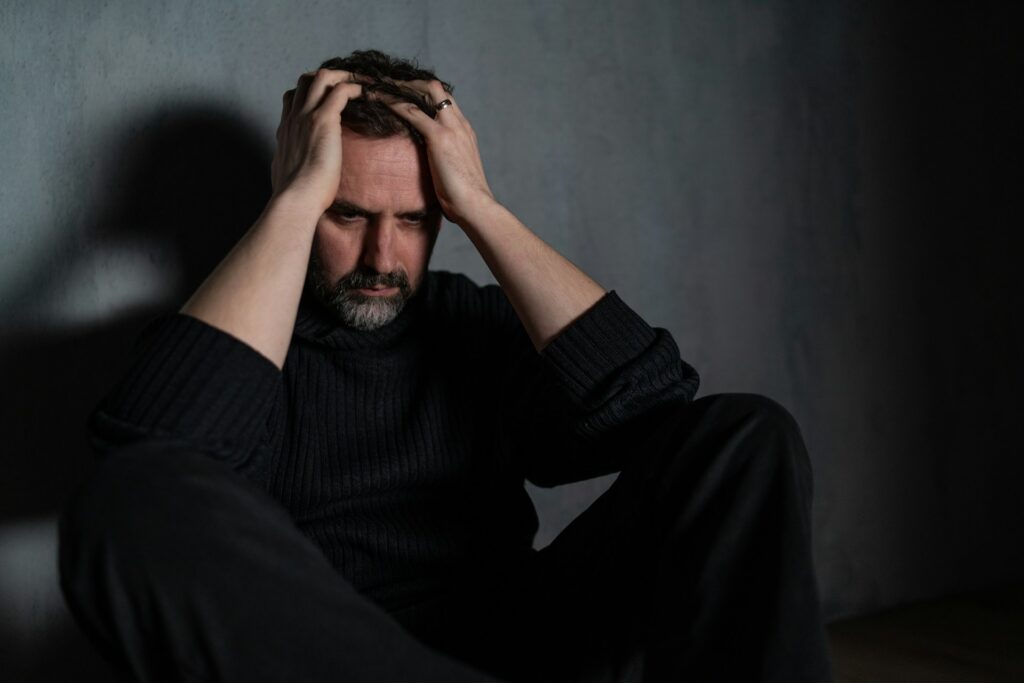
British masculinity, in particular, has long been tied to stoicism. Men are still frequently praised for being “strong and silent,” while vulnerability is seen as soft or indulgent. This emotional double standard keeps men trapped in silent suffering, and contributes to the UK’s disproportionately high male suicide rate. Strength and silence are not the same thing. One heals; the other hides.
7. It pushes people into survival mode instead of healing mode.

When the cultural message is “just carry on,” people don’t stop to process what they’re actually carrying. Grief, burnout, anxiety—they all get shoved into the same drawer, labelled “not now.” However, the cost of chronic emotional survival mode is high. It wears down the nervous system, destroys confidence, and keeps people stuck in cycles of unspoken pain.
8. It delays treatment and early intervention for mental health struggles.

When people are taught to hide how they feel, they often don’t seek help until things are critical. Mental health issues that could have been managed early become bigger, more complex problems. Plus, because the NHS is already under strain, this delay only makes accessing support even harder. Normalising early conversations could prevent so much unnecessary suffering.
9. It masks burnout by glorifying endurance.

Working long hours without complaint, keeping up appearances, never saying no—these things are often praised in British workplaces. However, what’s underneath that endurance is often deep exhaustion and emotional depletion. Instead of recognising burnout, we tend to pat people on the back for “powering through.” That praise makes it harder to stop.
10. It can cause people to feel ashamed for having emotional needs at all.

When the cultural expectation is that you should be self-contained, even needing support feels like an inconvenience. People begin to believe that needing comfort, reassurance, or even emotional space makes them “too much.” This shame around basic human needs damages mental health. Everyone needs holding at some point. Pretending otherwise just adds another layer of suffering.
11. It stops people from building emotional language or coping tools.

If you never learned how to talk about what you’re feeling, how can you process it? Many people were never given the vocabulary for their inner world. So when pain arises, they don’t know how to name it, let alone move through it. Without that emotional toolkit, discomfort either gets ignored or explodes outwards in unhelpful ways.
12. It reinforces generational silence around trauma and mental illness.
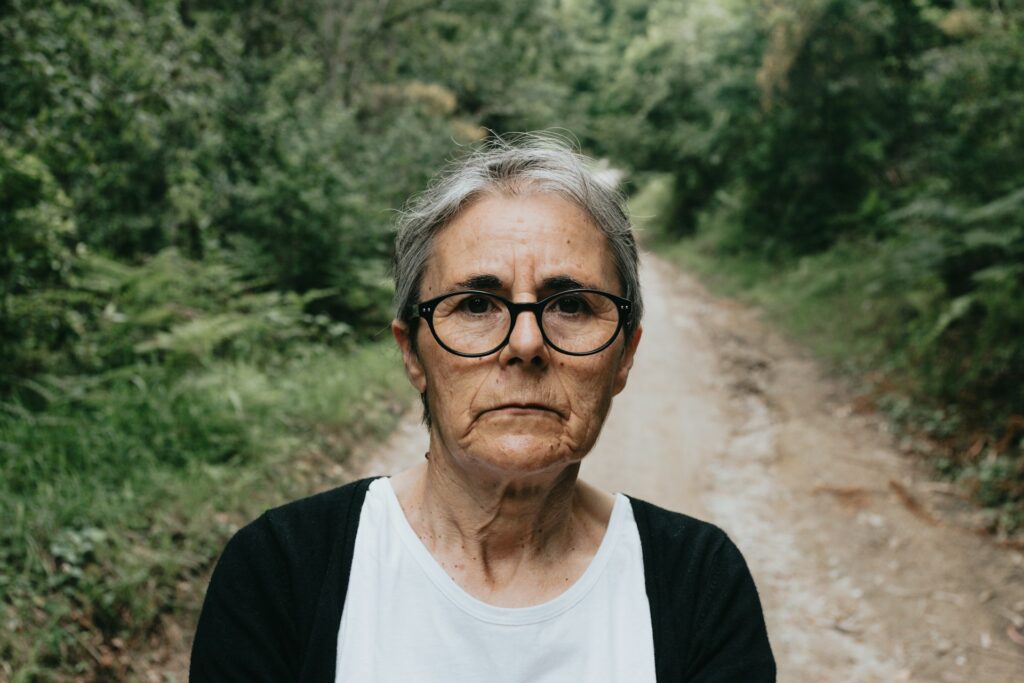
Many of us have parents or grandparents who lived through war, poverty, or personal trauma, and never spoke of it. That silence gets passed down. You learn that you’re not supposed to talk about what hurts. However, just because it’s quiet doesn’t mean it’s healed. Unspoken pain often lives on through unexamined behaviour, emotional distance, or chronic anxiety passed between generations.
13. It creates a culture where struggling in silence feels more acceptable than speaking up and getting support.

The “keep calm and carry on” mindset might have served its purpose once, but clinging to it today does more harm than good. We don’t need more endurance. We need more brave conversations, more emotional honesty, and more permission to not be okay. Because the truth is, everyone struggles. We deserve a culture that helps us heal, not just cope on our own.

